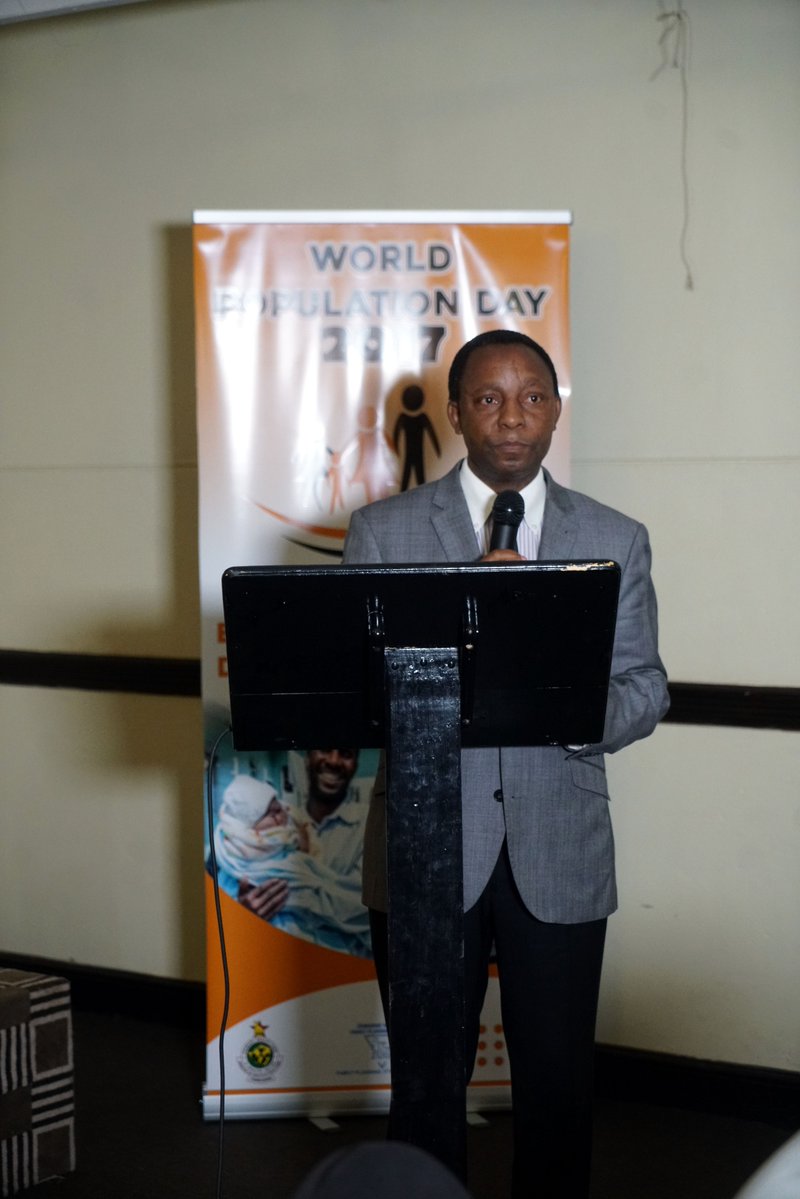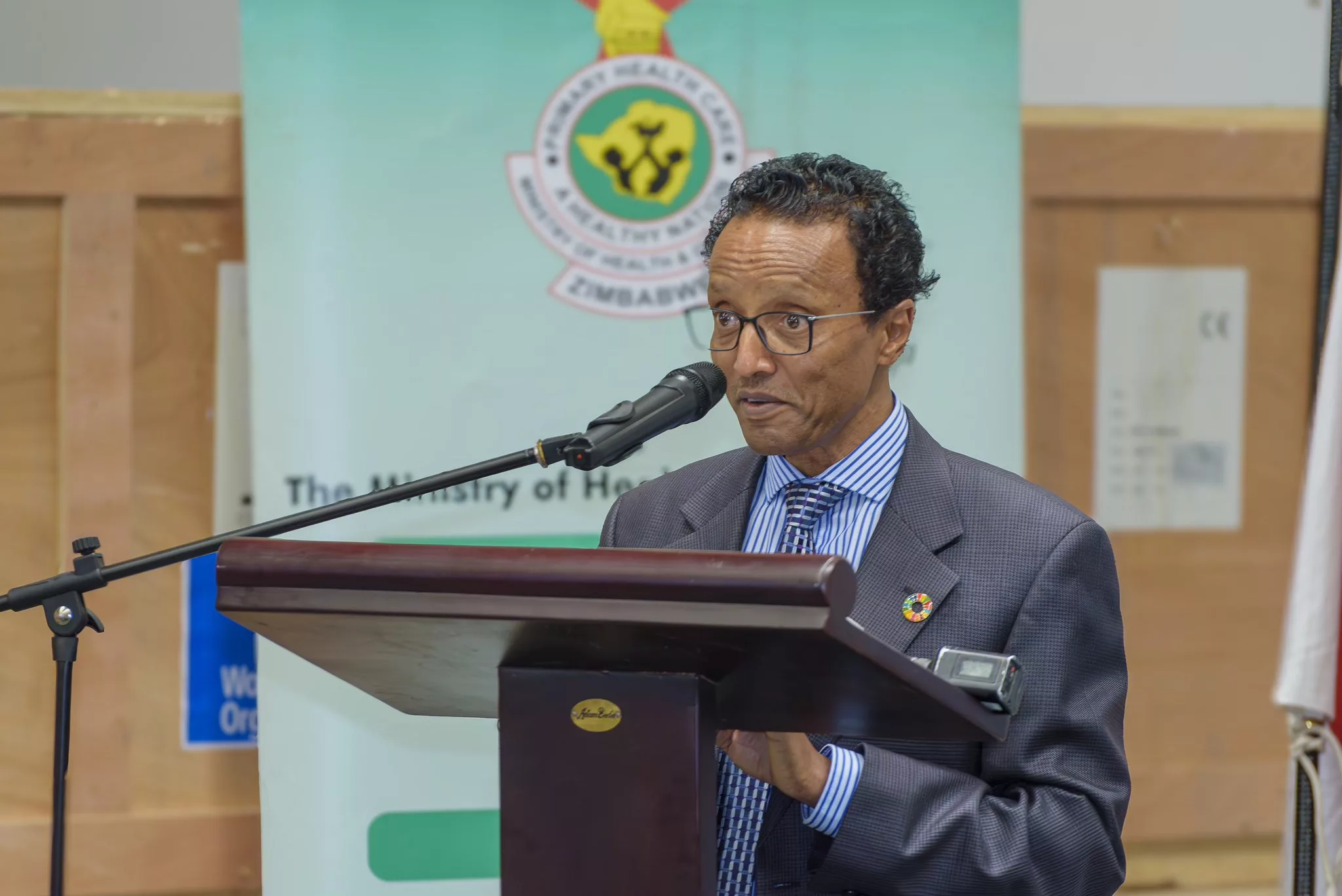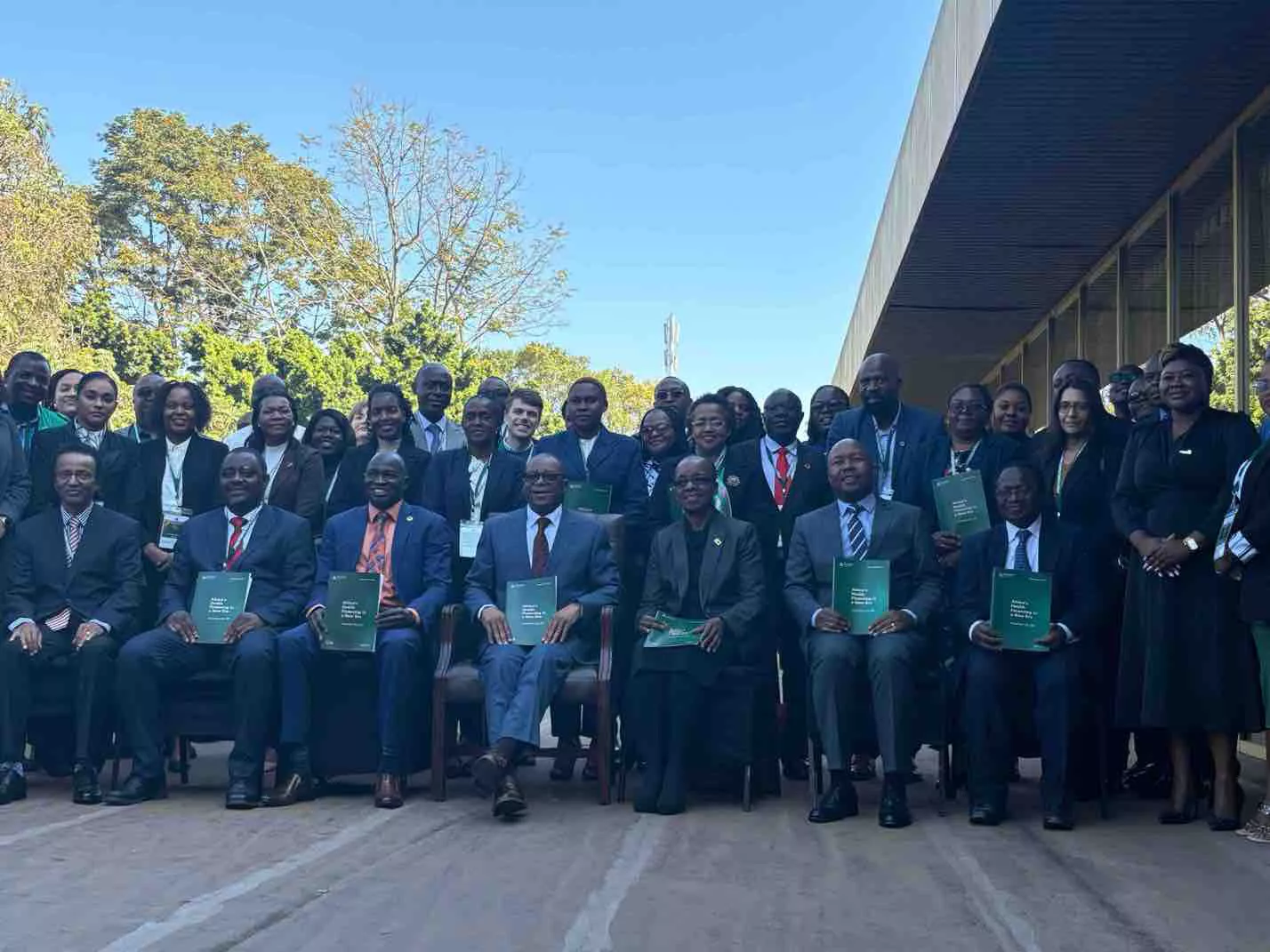By Byron Mutingwende
Shoorai Mugari lives near Mushumbi Pools in Mbire District of Mashonaland Central Province and has just given birth to triplet boys when her eldest child (a girl) is just nine months old.
“I am now a mother of four in just one year. My husband is unemployed and every season we buy maize to supplement the little harvest we get from the fields. To complicate the matter, the father of these children has not paid bride price to my family,” Mugari says, struggling to spit some phlegm from her throat, having been hit by an outbreak of flu that pervaded the entire district due to the chilly wintry weather.
The family had budgeted clothes for one baby. Although Mugari had registered her pregnancy at the local clinic in Mushumbi, she had not gone for a scan to ascertain how many children she was carrying in her bulging stomach. Instead of celebrating the gift of life in the form of the triplets, the Mugaris cried, aware of the huge burden of meeting the needs of the three babies which include their clothing and food.
The nurse-in-charge at the local clinic was elated when the midwives successfully helped Mugari deliver the three healthy babies without complications. However, the mother had in her possession just a small bag with one shawl and a few woollen jerseys. On that cold night, the three nurses ran around to gather some warm clothing for the other babies. Afraid that there could be need for some specialist attention, the authorities at the local clinic referred Mugari to the district hospital in nearby Guruve.
In Guruve, Mugari was referred to Harare Central Hospital Children’s Ward where well-wishers helped her with some milk supplements for the children. Courtesy of the benevolence of some donors, she was given some two pushing carts to carry the other two babies. She was not consistently and correctly using the contraceptives she was given at the health centre soon after the delivery of her first child.
Speaking at a high level symposium to commemorate the World Population Day at the Meikles Hotel in Harare recently, Dr. Gibson Mhlanga, the Principal Director of Preventive Services at the Ministry of Health and Child Care said there was need to focus attention on the urgency and importance of population issues like family planning. The symposium was held under the theme, “Family Planning: Empowering People, Developing Nations.” It also provided a platform for stakeholders to learn about the country’s progress towards Family Planning 2020 (FP2020) commitments, as well as key priorities for Family Planning Programming in Zimbabwe. There was also a discussion on exploring innovative financing mechanisms for domestic funding of contraceptives.
The World Population Day is commemorated on the 11 of July. Zimbabwe joined other countries at the FP2020 London summit. That was the second meeting of the FP2020 global commitment of a consortium of donors and stakeholders, which aims to expand access to voluntary family planning to 120 million additional women globally by 2020.
Zimbabwe has its own FP2020 commitments made by the Ministry of Health and Child Care. It aims to increase the Contraceptive Prevalence Rate (CPR) from 59% in 2012 to 68% in 2020. It also seeks to achieve SDG 1 on poverty eradication, SDG3 on good health and well-being and SDG5 on gender equality. These depend on how well sexual and reproductive health and rights of young people and women are fulfilled.
The World Population Day theme for 2017 is “Family Planning: Empowering People, Developing Nations.” Investing in family planning is investing in the health and rights of women and couples worldwide. According to the United Nations Population Fund (UNFPA), these investments yield economic and other gains that can propel development forward and are critical to the success of the 2030 Agenda for Sustainable Development.
Dr. Mhlanga bemoaned the existence of gaps that debilitate against meeting family planning needs. “Over the years, the unmet needs for family planning have steadily declined to 10, 4% against a target of 6, 5% by 2020. However, access and availability of family planning services for adolescents and young people remain a challenge,” Mhlanga said.
According to the 2015 ZDHS, the unmet need for family planning for adolescents is higher than the National average and currently stands at 12, 8%. This is demonstrated by the high teenage pregnancy rate in Mashonaland Central, according to the 2015 Teenage Pregnancy Study. The same statistics note that the unmet need for family planning is twice as high (20 percent) among sexually active unmarried women as it is among currently married women (10 percent), and about 22 percent of adolescent females aged 15-19 in Zimbabwe have begun childbearing.
“This shows that there is need for more effort to ensure that family planning services are available and accessible to young people including adolescents,” Mhlanga said.
Speaking on the same occasion, Abbigail Msemburi, UNFPA Zimbabwe Assistant Representative said family planning is a human right.
“Family planning is an inherent human right, set out by the 1994 International Conference on Population and Development (ICPD), which places universal access to sexual and reproductive health services, including voluntary family planning, at the centre of its agenda,” Msemburi said.
She said a woman’s ability to plan the timing and size of her family closely determines the realisation of other rights. Yet, every day, vulnerable women face social, cultural, economic and geographic obstacles in accessing voluntary family planning information and services.
Msemburi said family planning has the power of saving lives through the prevention of a range of negative sexual and reproductive health outcomes.
In 2016, the UNFPA support to family planning in the country averted 177 000 inintended pregnancies, 53 000 unsafe abortions and 760 maternal deaths, as well as reducing the risk of HIV and sexually transmitted infections. In humanitarian crises, often marred by GBV including sexual violence, child marriage, transactional and commercial sex, family planning is a critical yet often overlooked life-saving intervention.
Dr. Mhlanga said the Ministry of Health and Child Care was doing a lot towards ensuring contraceptive security and sustainability. The ministry continues to lobby for increased allocation to the Zimbabwe National Family Planning Council (ZNFPC) and other institutions from the fiscus. However, the allocation for family planning products and programming by government remains quite low and has further dwindled over the years due to the harsh economic environment.
The high donor dependency is detrimental to the programme. In that regard, there is need for home-grown, sustainable solutions to the problem. The government has developed, in consultation with stakeholders, a document exploring innovative financing approaches to mobilise finances for the healthcare delivery system.
Dr. Bernard Madzima, the Director of Family Health in the Ministry of Health and Child Care said there are policy concerns in improving access of contraceptives to adolescent and young people.
“The age of consent to sex is 16 years yet the family planning policy says that any girl who requires family planning services shall be given access. Socio-economic factors also affect young people’s access to contraceptives. These include one’s educational background or level of wealth and poverty. The 2015 ZDHS also reveals that maternal deaths due to abortion are high among young people,” Madzima said.
He also called for the setting up of youth friendly health centres where young people visit to access information and SRHR products. The family doctor said that in those countries where abortion has been legalised, the rate of abortion has decreased hence the need to consider enacting a new law to govern that practice.
Available statistics show that 2 050 000 women are currently using family planning in Zimbabwe. In 2017, family planning will avert 598 000 unintended pregnancies, 53 000 unsafe abortions and 2 000 maternal deaths. Universal access to voluntary family planning could reduce maternal deaths by a third, and child deaths by as much as 20 percent. The UNFPA said that in Zimbabwe, for every $1 spent on family planning, $1, 50 is saved on maternal and child health care. If FP2020 targets are reached, these savings could increase to $1, 85. Meeting the demand for modern contraceptives for all 877 million women in the developing world who want it would cost, on average, $11 per contraceptive user for a year of supplies and services.






